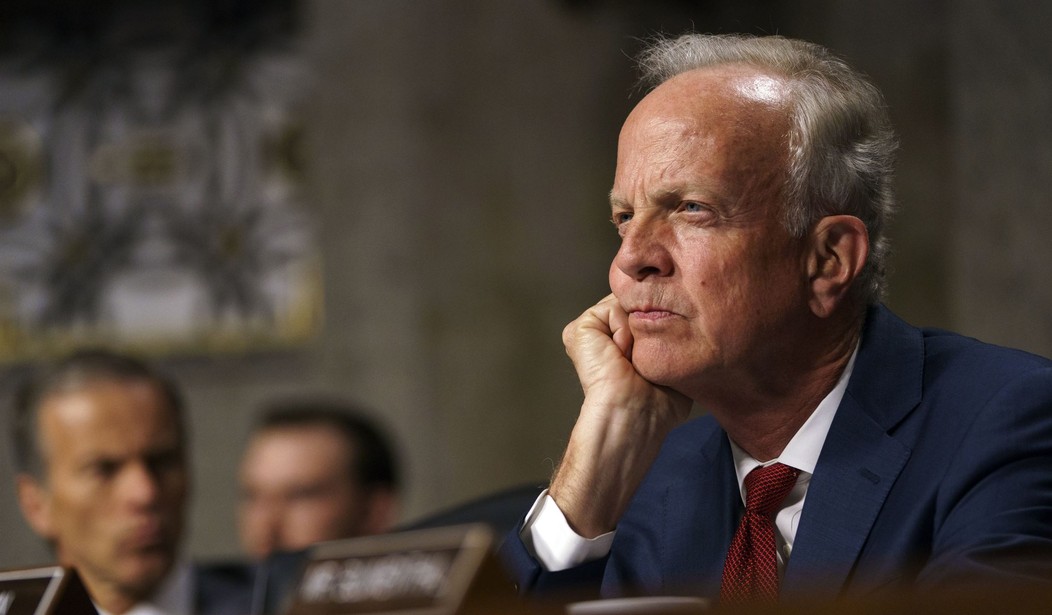It has been over a year since lawmakers reintroduced the Broadband Grand Tax Treatment Act (BGTTA) last February. Since that time, the BGTTA, which would amend the Internal Revenue Code to make previous federal broadband grants non-taxable, has lingered in the House untouched. That is a shame because the BGTTA has the potential to play a critical role in helping to close the digital divide by safeguarding billions of broadband dollars from being unnecessarily taxed away. It would also nicely complement the pro-growth tax package currently working its way through Congress.
Over the last few years, it has become increasingly clear that participation in the modern economy requires reliable broadband access. Broadband allows Americans to do everything from working remotely and attending classes online to paying their bills and shopping for groceries. It also allows near-unlimited access to information at the mere click of a button and the ability to communicate with anyone, anytime, and anywhere. Realizing its critical importance, in 2021 lawmakers decided to allocate a significant amount of funding to broadband deployment, through programs like the Broadband Equity, Access and Deployment (BEAD) program, as part of the Infrastructure Investment and Jobs Act (IIDA).
Unfortunately, recent changes in the corporate tax code stipulate that all federal grants be counted as taxable income. That means that even federal dollars that have been set aside for a specific purpose, such as the $42.5 billion in program funding for BEAD, are subject to taxation. This is a problem because it unnecessarily subverts the will of Congress when it sets aside that money and the reason it chose that specific amount. More importantly, it potentially undercuts being able to meet the objectives of the program in question. In the case of BEAD, and other federal broadband programs like the Tribal Broadband Connectivity Fund, that means potentially failing to connect unserved and underserved communities.
Recommended
Indeed, USTelecom has previously warned that without immediate changes to the tax code, grant recipients could be forced to return as much as “20 percent of those grants in the form of taxes,” placing the goal of universal connectivity in significant jeopardy. While 20 percent may not seem like a lot, providers rely on this money to lower the cost of connecting communities that are remote or otherwise too expensive to reach. Without it, some providers may decide it is not worth even applying for grant money, which already comes with strings attached.
The BGTTA would help set things right by, among other things, altering the tax code to state that, "Gross income shall not include any qualified broadband grant made for purposes of broadband deployment." This simple change would ensure that the tens of billions of dollars that Congress has dedicated to broadband deployment achieves its full desired impact.
Perhaps that is one reason why a broad coalition of broadband organizations have recently sent letters to Congress in support of the BGTTA, and its potential inclusion in any comprehensive tax package. For instance, in late January, the Wireless Infrastructure Association and six other groups sent a letter to congressional leadership arguing that the BGTTA would “further investment in innovation and connectivity” and be particularly meaningful for “rural and otherwise hard-to-serve areas.” Separately, the Rural Broadband Association sent a letter to the Senate Committee on Finance urging lawmakers to include the BGTTA in the Tax Relief for American Families and Workers Act, which already includes several noteworthy tax expensing features that would “help many small rural broadband providers justify and recover the costs of network investment.”
Inserting the language of the BGTTA into the tax package would address these concerns and foster greater business investment and technological innovation in broadband technologies and deployment. However, even if Congress chooses not to take such steps, it can still advance the BGTTA separately and keep its promise to connect America. A failure to close the digital divide now would do a disservice to taxpayers who have been told time and again that universal access is within reach and that only a little more money is necessary. Taxpayers may not give Congress another opportunity to get the job done, making it critical that Congress get things right today.
Given the delicate state of the economy, and the need for a more holistic approach to American tax policy that encourages, rather than discourages, investment and the deployment of broadband infrastructure, Congress would be wise to fully fund the programs that it already has in place for this purpose. That means protecting 100 percent of program allocations from unnecessary government claw backs.
Nate Scherer is a policy analyst with the American Consumer Institute, a nonprofit education and research organization. For more information about the Institute, visit us at www.TheAmericanConsumer.Org or follow us on X @ConsumerPal.

























Join the conversation as a VIP Member